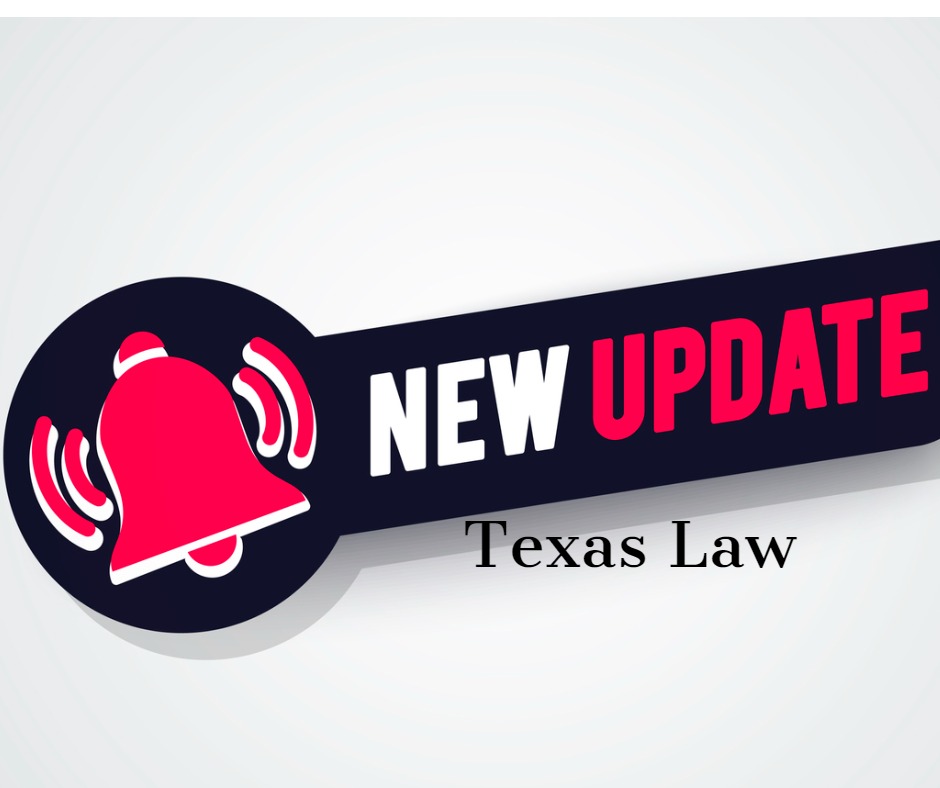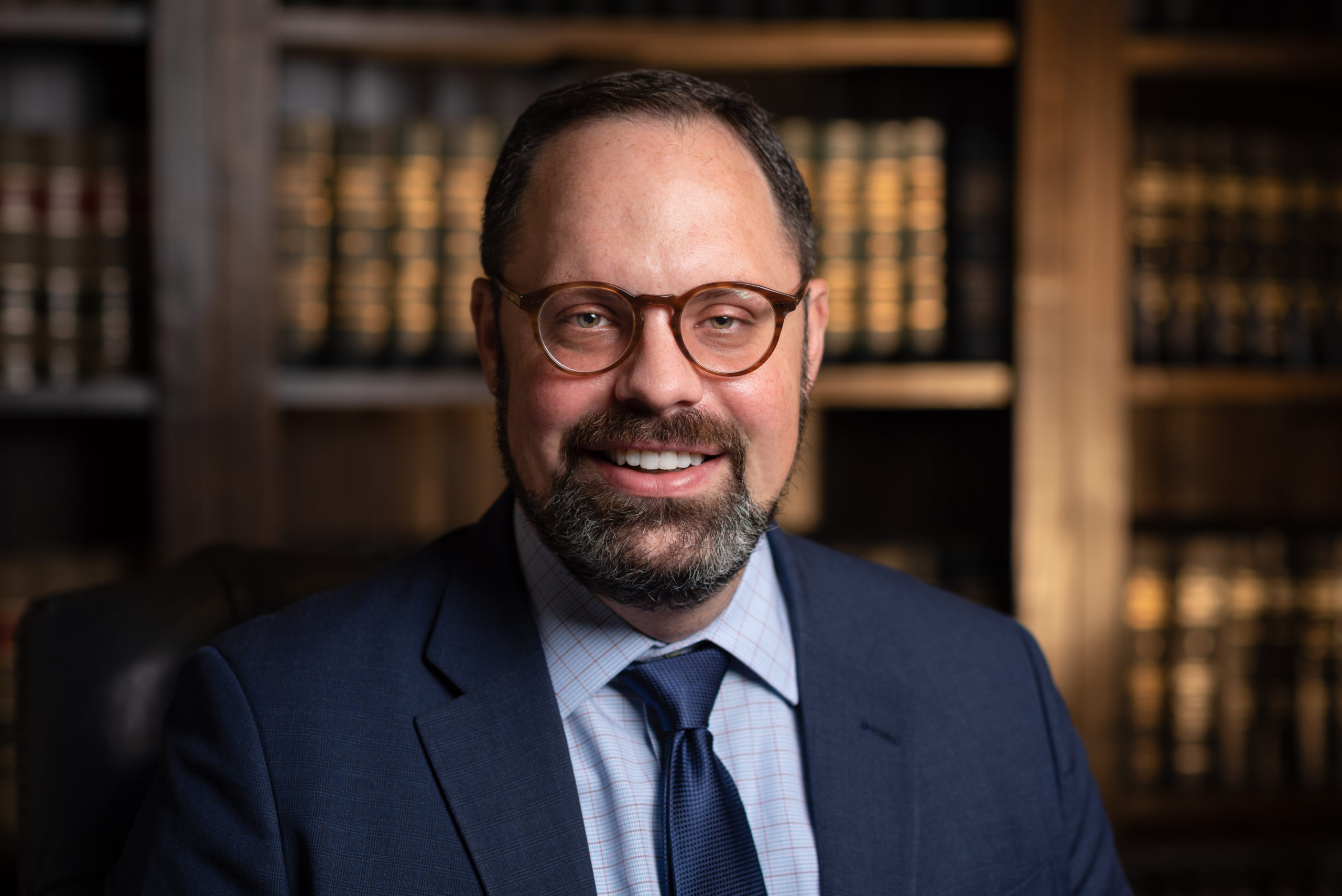
I recently attended a two-day legal seminar hosted by the San Antonio Estate Planners Council that was very enlightening and important not only for attorneys like myself that practice in this area, but also for individuals looking to protect themselves and their assets effectively. For this post, I want to focus on one of my favorite portions of the conference, and the portion that I find most useful to non-practitioners: The Legislative Update. The purpose of the Legislative Update is to provide the public with up-to-date information on new legislation in the area of Estate Planning. This includes published regulations, policy instructions, and other accomplishments that relate to new legislation. I will focus on a three key changes that I believe are important to be aware of today.
Anatomical Gift Bill
An Anatomical Gift Bill would have allowed a statement of anatomical gift (i.e. organ donation), a revocation of same, or a refusal to make an anatomical gift that is signed by someone other than the donor on the donor’s behalf to be acknowledged in the presence of a notary instead of two witnesses, as was previously required. While this bill actually did not pass, there was a discussion of a great, simple way for individuals to make their wishes regarding anatomical gifts known without even stepping foot in an attorney’s office. The Glenda Dawson Donate Life Texas Registry allows people to become organ, eye, and tissue donors. By registering here, your wishes regarding anatomical gifts will be documented and readily available to health care providers at the time of donation. Anyone can register at:
Community Property Subject to Creditors’ Claims
This change clarifies that community property is subject not only to the debts of the deceased spouse, but also the debts of the surviving spouse. It also clarifies that the survivor’s interest in the deceased spouse’s sole management community property becomes liable for the survivor’s debts, and the deceased spouse’s interest in the survivor’s sole management community property passes to the beneficiaries. This is an incredibly important clarification that could affect your estate plan today.
Fraudulently Securing Document Execution
SB 109 makes it a criminal offense to fraudulently secure document execution if a person, with the intent to defraud, causes another person to execute a document affecting property, a service, or the pecuniary interest without that person’s effective consent. Consent is not effective if it is (1) induced by deception or coercion, (2) given by a person who due to youth, mental disease or defect, or intoxication is known by the actor to be unable to make reasonable property dispositions, or (3) given by a person who by reason of advanced age is known by the actor to have a diminished capacity to make informed and rational decisions about the reasonable disposition of property. This is an important development for Texans who believe that they may have a family member that is being defrauded by someone else, especially in regards to estate planning documents. The consequences of engaging in this behavior are now significantly more serious.
Maybe the most important lesson to take away from this is that there are dozens and dozens of new changes to laws in Texas that affect Estate Planning, an already complex area of law. It is now more vital than ever to hire a qualified estate planning law firm that is well versed in these new changes to the law, so that you and your family will be fully protected both now and in the future.


